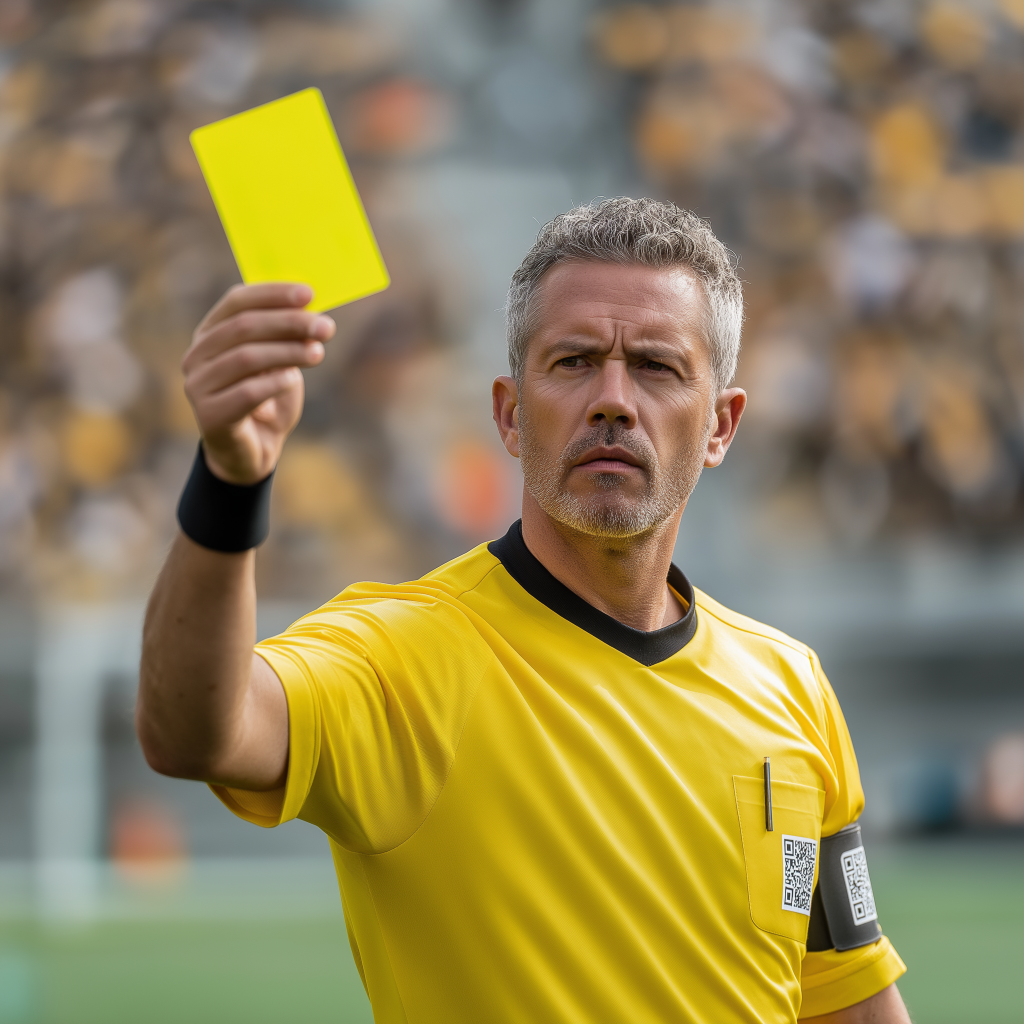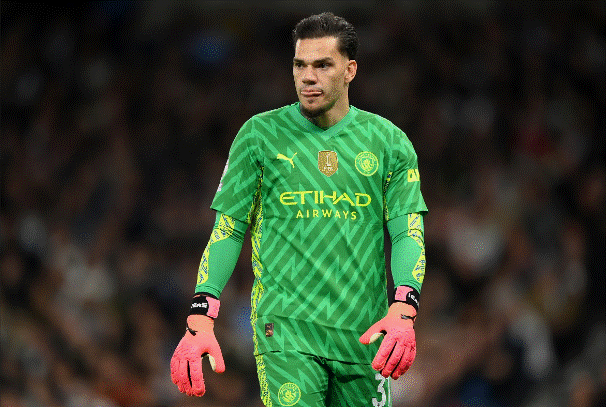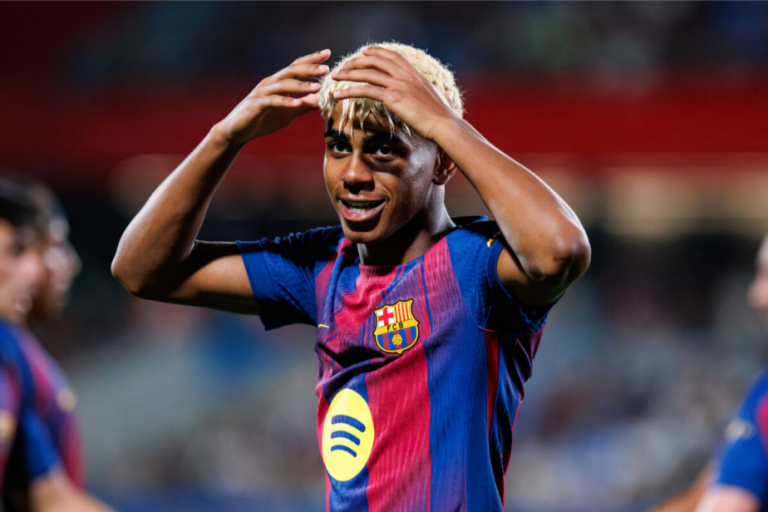Referees Stole the Spotlight With Bizarre Decisions
1. Introduction – Overview of referees in football
- Importance of referees in the game.
- Their role as authority figures on the pitch.
- Why they often go unnoticed unless mistakes happen.
- Preview of bizarre and controversial decisions that stole the spotlight.
2. Historical Background – Refereeing evolution
- Early refereeing: whistle, coin toss, and minimal technology.
- Evolution of officiating tools: cards (1966), goal-line assistants, VAR.
- Famous early blunders that shaped football rules.
- Why human error has always been part of the game.
3. Key Bizarre Referee Decisions
- The Phantom Goal (Germany vs. England, 2010 World Cup) – Lampard’s ghost goal.
- The Hand of God (1986 World Cup) – Maradona’s infamous goal.
- Three Yellow Cards (Graham Poll, 2006 World Cup) – referee error with Croatia vs. Australia.
- Norwegian Ref Mistakes – infamous penalty calls in Champions League.
4. Styles of Refereeing – Strict, lenient, theatrical
- Strict referees who control every detail.
- Lenient referees letting the game flow.
- Theatrical refs like Pierluigi Collina who dominated with presence.
- How style influences bizarre calls.
5. Benefits & Importance of Strong Refereeing
- Protects players from dangerous tackles.
- Keeps the game fair.
- Builds fan trust.
- Sometimes bizarre decisions trigger rule improvements (e.g., VAR introduction).
6. Drawbacks & Challenges
- Human error under pressure.
- Bias accusations.
- Technology controversies (VAR delays, misinterpretations).
- Players and fans losing respect for referees.
7. How Referees Train & Prepare
- Physical fitness tests.
- Mental resilience training.
- Studying match scenarios.
- How preparation doesn’t always prevent bizarre mistakes.
8. Who Should Care – Stakeholders in refereeing decisions
- Players – directly impacted by calls.
- Managers – tactical adjustments based on referee style.
- Fans – emotional rollercoaster.
- Football authorities – pressure to maintain integrity.
9. Case Studies – Iconic bizarre referee moments
- Chelsea vs. Barcelona (2009 UCL) – multiple penalty shouts ignored.
- South Korea vs. Italy/Spain (2002 World Cup) – controversial officiating.
- The Drogba “Disgrace” outburst.
- The Dutch referee who blew for halftime early.
10. Conclusion – Insights & Future Outlook
- Human error will always exist.
- VAR is a tool, not perfection.
- Fans love to debate referees—it fuels football culture.
- Future: AI-assisted refereeing?
11. FAQs (10 questions, ~100 words each)
- What was the worst referee decision in football history?
- Has VAR eliminated bizarre referee mistakes?
- Why do referees sometimes make strange calls under pressure?
- Are referees ever punished for bizarre mistakes?
- Who is considered the best referee of all time?
- How do bizarre referee decisions impact players mentally?
- What bizarre referee calls happened in the World Cup?
- Why are fans so obsessed with controversial refereeing?
- Do referees from certain countries have reputations for bad decisions?
- What’s the future of refereeing technology?
Blog Post
1. Introduction – The Whistle That Echoed Beyond the Pitch
Referees are the unsung heroes—or villains—of football. Their job is simple on paper: enforce the laws of the game, keep order, and ensure fairness. Yet, while players often become legends for goals, referees are remembered for mistakes. A single whistle, a wrongly given penalty, or a card flashed at the wrong moment can change the course of football history. And in those moments, the spotlight swings dramatically from the players to the referee. This article explores those bizarre, jaw-dropping decisions where referees stole the show—for better or worse.
2. Historical Background – How We Got Here
In the early days of football, referees barely had tools—no cards, no microphones, no VAR screens. A whistle and common sense were their only allies. The introduction of yellow and red cards in 1966 revolutionized how discipline was enforced. Technology has slowly crept into the game: goal-line assistants, spray paint, and now VAR. Yet, despite all these aids, referees still find ways to baffle us. After all, football is human, and so are its errors.
3. Key Bizarre Referee Decisions
- Lampard’s Phantom Goal (2010 World Cup): England fans still fume. Lampard’s shot clearly crossed the line against Germany, but the referee waved play on. FIFA’s later introduction of goal-line technology came directly from this fiasco.
- Maradona’s Hand of God (1986): A punch disguised as a header. The referee missed it, Argentina celebrated, and England mourned. One of football’s most infamous moments.
- Three Yellow Cards (2006): English ref Graham Poll lost count during Croatia vs. Australia, issuing Josip Šimunić three yellows before finally sending him off.
- Strange Penalties in Europe: From soft handballs to phantom fouls, Champions League history is littered with head-scratchers.
4. Styles of Refereeing – When Personality Shapes the Game
Some referees treat the rulebook like holy scripture, punishing every shirt tug. Others let the game flow, even at the cost of consistency. Then there are larger-than-life referees like Pierluigi Collina, whose piercing stare was sometimes more powerful than his whistle. A referee’s style can often make or break a match—and sometimes lead to those bizarre calls where interpretation gets, well, creative.
5. Benefits & Importance of Strong Refereeing
Even bizarre refereeing has value. Mistakes push the game to improve—like the birth of VAR after repeated controversies. Strong officiating protects players from reckless tackles, keeps matches fair, and builds trust with fans. A bizarre decision might ruin a match, but over time, it sparks conversations that shape the sport’s future.
6. Drawbacks & Challenges
Of course, bizarre referee calls also bring chaos:
- Fans feel cheated.
- Players lose respect.
- Managers explode on the sidelines.
- Technology like VAR, meant to reduce errors, sometimes adds more confusion with lengthy checks or unclear decisions.
Referees walk a fine line, always a whistle away from ridicule.
7. How Referees Train & Prepare
Elite referees aren’t casual joggers with a whistle. They undergo intense physical fitness regimes, mental resilience training, and scenario analysis. They study player behaviors and tactical fouls. Still, even the best-prepared referee can lose track under pressure—like forgetting how many yellow cards they’ve given or blowing for full-time early.

8. Who Should Care?
Referee decisions affect everyone:
- Players face suspensions or lost goals.
- Managers adjust tactics mid-game.
- Fans ride emotional rollercoasters, chanting at referees more than opponents sometimes.
- Authorities must defend credibility with rule changes or referee suspensions.
In short, bizarre refereeing decisions aren’t just errors—they ripple through the entire football ecosystem.
9. Case Studies – When Refereeing Took Center Stage
- Chelsea vs. Barcelona (2009): Several clear penalties ignored, Didier Drogba famously screamed “It’s a disgrace!” live on TV.
- 2002 World Cup – South Korea vs. Italy/Spain: Controversial calls in favor of the hosts still haunt discussions about referee integrity.
- Dutch Referee’s Early Whistle: In one match, the referee blew for halftime before a corner was taken, prompting chaos.
Each incident fueled global debates—proof that referees can, unintentionally, become football’s headline act.
10. Conclusion – The Future of Whistle Blowers
Referees will never be perfect. Human error is stitched into the fabric of football. VAR has helped but not cured. What’s clear is that fans will always debate refereeing decisions, and bizarre calls will continue to make history. Perhaps AI and semi-automated systems will help, but football’s drama thrives on imperfection. Without refereeing controversies, what would fans argue about in pubs?
FAQs
1. What was the worst referee decision in football history?
The “Hand of God” by Diego Maradona in 1986 is widely considered the worst. Maradona punched the ball into England’s net, and the referee allowed it. Millions saw the handball on TV, but without video assistance, the goal stood. It changed football history and remains a symbol of both brilliance and controversy.
2. Has VAR eliminated bizarre referee mistakes?
Not entirely. VAR reduces clear errors, like offside goals or unseen fouls, but it also creates new controversies. Lengthy checks frustrate fans, and subjective decisions—like handball interpretations—remain debatable. VAR hasn’t killed bizarre decisions; it has simply moved the debates to a replay screen.
3. Why do referees sometimes make strange calls under pressure?
Referees are human, managing split-second choices under immense pressure. Crowd noise, player protests, and fatigue can all influence their judgment. Even with training, stress can lead to errors—like showing three yellow cards to one player or awarding phantom penalties.
4. Are referees ever punished for bizarre mistakes?
Yes. FIFA and domestic associations can suspend referees, demote them to lower leagues, or exclude them from tournaments. For example, Graham Poll retired from international refereeing after his three-yellow-card blunder in 2006. Accountability exists, though some fans argue it’s not strict enough.
5. Who is considered the best referee of all time?
Pierluigi Collina, the Italian referee, is widely hailed as the greatest. His commanding presence, fairness, and accuracy earned universal respect. Even players feared his iconic bald head and intense stare. Collina showed referees can control games without bizarre decisions stealing the spotlight.
6. How do bizarre referee decisions impact players mentally?
Players can feel robbed or demoralized by wrong calls. A wrongly disallowed goal or harsh red card can ruin momentum. Some players struggle with anger, while others use it as motivation. Mental coaches often help athletes process the sense of injustice.
7. What bizarre referee calls happened in the World Cup?
Several: Maradona’s Hand of God (1986), Lampard’s disallowed goal (2010), Poll’s three yellow cards (2006), and South Korea’s controversial wins in 2002. The World Cup, as the biggest stage, magnifies every bizarre decision into global headlines.
8. Why are fans so obsessed with controversial refereeing?
Because refereeing decisions often decide games. Fans see injustice as robbery. Debating decisions fuels football culture—TV punditry, pub arguments, and social media all thrive on referee controversies. Referees, intentionally or not, become part of football’s storytelling.
9. Do referees from certain countries have reputations for bad decisions?
Yes, stereotypes exist. For instance, referees from certain regions are labeled as strict, lenient, or inconsistent. However, FIFA insists on neutrality, rotating officials across countries. Still, some referees’ reputations haunt them, especially after high-profile blunders.
10. What’s the future of refereeing technology?
AI and semi-automated offside systems are already here. In the future, real-time decision aids could reduce human error further. However, football authorities stress the need for a human element. Technology will support referees but not replace them completely, keeping the drama alive.






